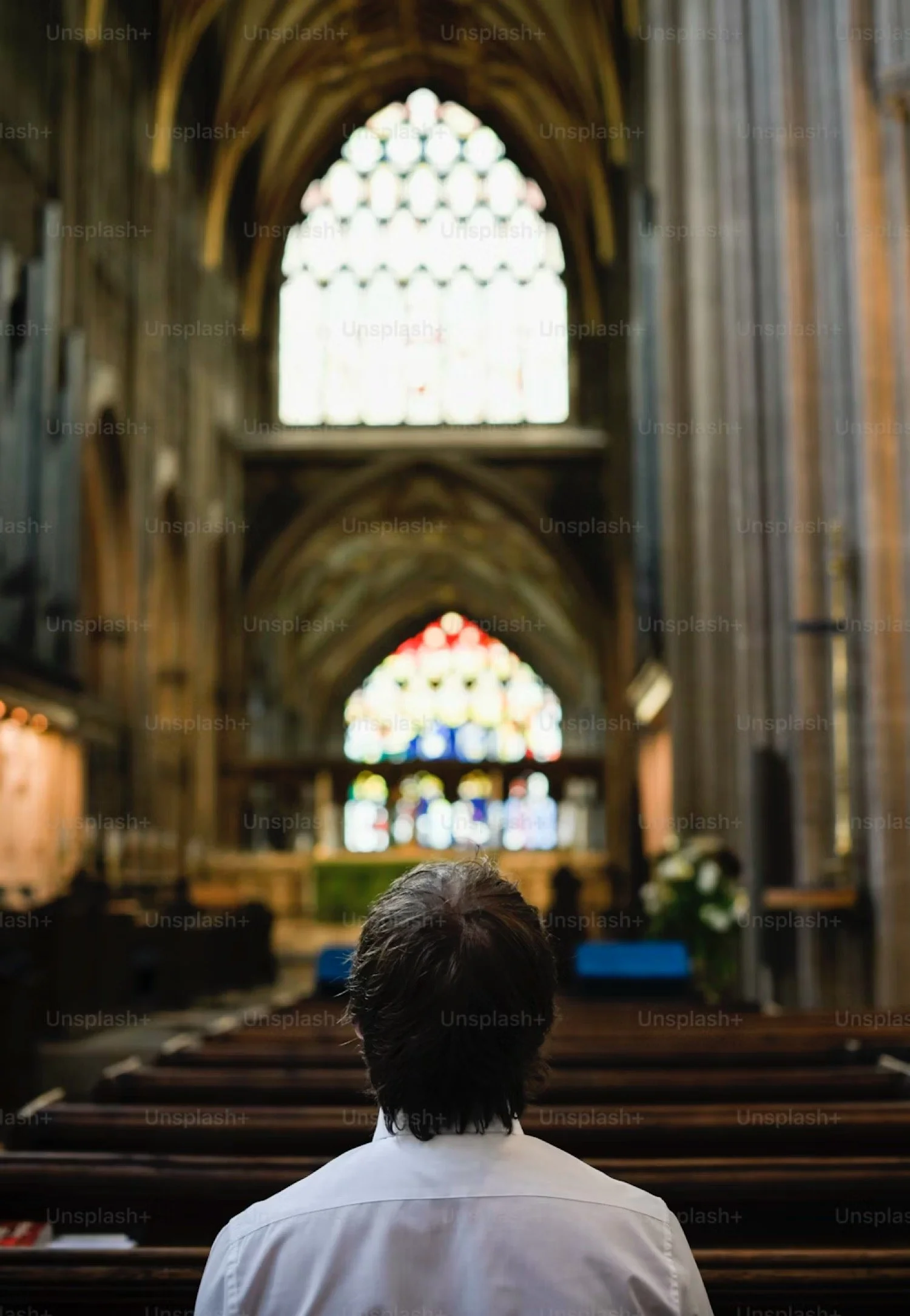Readings for today: 2 Samuel 19-21, Psalms 5, 38, 42
The other day I attended an event at the convention center here in Denver. It was an event centered on prayer. An event designed to bring people together. An event organized by Christians to give people a chance to pray for and bless our political and business leaders. I love the heart for unity. I love the heart to build bridges between Christians and our public officials. I love the heart that seeks to bless rather than curse. Perhaps my favorite moment was getting to interact with Christians from all different kinds of backgrounds. International and domestic. Citizen and immigrant. Black, white, and brown. Different denominations and generations. It was powerful and encouraging.
At the same time, I’ve been around long enough to know our unity is often superficial. It only goes so far. There were significant divisions in our midst. Some of those divisions were political. Some were social. Some were cultural. Some were theological. It’s not always easy to navigate. It requires a lot of hard, sometimes even painful, work. For example, I got to sit in with a group of Latino pastors as they discussed the impact of immigration on their communities. It was hard and heartbreaking. Afterwards, one of the pastors shared with me a recent experience he’d had with a white church where he was mistreated and looked down upon. Just brutal. In the main meeting, a friend of mine read excerpts from two letters some of our elected officials had received. One used some of the most horrific language to attack them. After the meeting, I saw several Christians attempt to defend the letter and its approach online. All I could do was shake my head. Later in the day, a few of my colleagues asked me why I went. Is it really worth the time and effort? Are the people who attend for us or against us? And, if I am honest, I often ask those some questions myself though I am absolutely committed to working to tear down the barriers and walls that divide us from one another.
Human beings, as a general rule, seem hardwired for tribalism. I once talked to a Somali man who shared with me a proverb from his country. “Me against my brother. My brother and I against my family. My family and I against my clan. My clan and I against my tribe. My tribe and I against my nation. My nation and I against the world.” That sounds about right. And not just in places like Africa or the Middle East where tribal loyalties have been a part of life for thousands of years. I see it in America where we tend to gather with our political or social “tribe.” I see it in the Christian world where we tend to gather in theological “tribes.” I see it in society in general where we tend to gather according to economic or ethnic class or “tribes.” Often, we will do all we can to protect our tribe. Even using ungodly means to accomplish our tribe’s ends. I’ve seen people intentionally use deception or anger or verbal abuse against those not of their tribe. I’ve seen people shade the truth, leave out important facts, purposefully employ inflammatory rhetoric all to support the narrative of their tribe. Sadly, none of this is new.
David and his son Absalom fight a civil war. Though brief, it shatters the peace of the nation. The seeds of disunity are sown. The twelve tribes of Israel, once united, now find themselves at odds. Jealousy over who has the better claim to the throne creates fractures. Harsh words are exchanged, resulting in a second rebellion under a man named Sheba. Once again, lives are lost. People are murdered as political loyalties shift. It’s harsh and brutal. We may not understand how or why all this happened. We are thousands of years removed from their world but make no mistake, we have our own issues with justice. We have our own problems with disunity and division. We too struggle with tribalism just as they did. So where do we go for healing? We go to Jesus. Through His death and resurrection He tore down the dividing walls that separate us from God and from each other. Only He can bring healing. Only He can bring reconciliation. And that’s why the Psalmist proclaims, “Put your hope in God for I will still praise Him, my Savior and my God!” (Psalms 42:11b CSB)
Readings for tomorrow: 2 Samuel 22-23, Psalms 57




